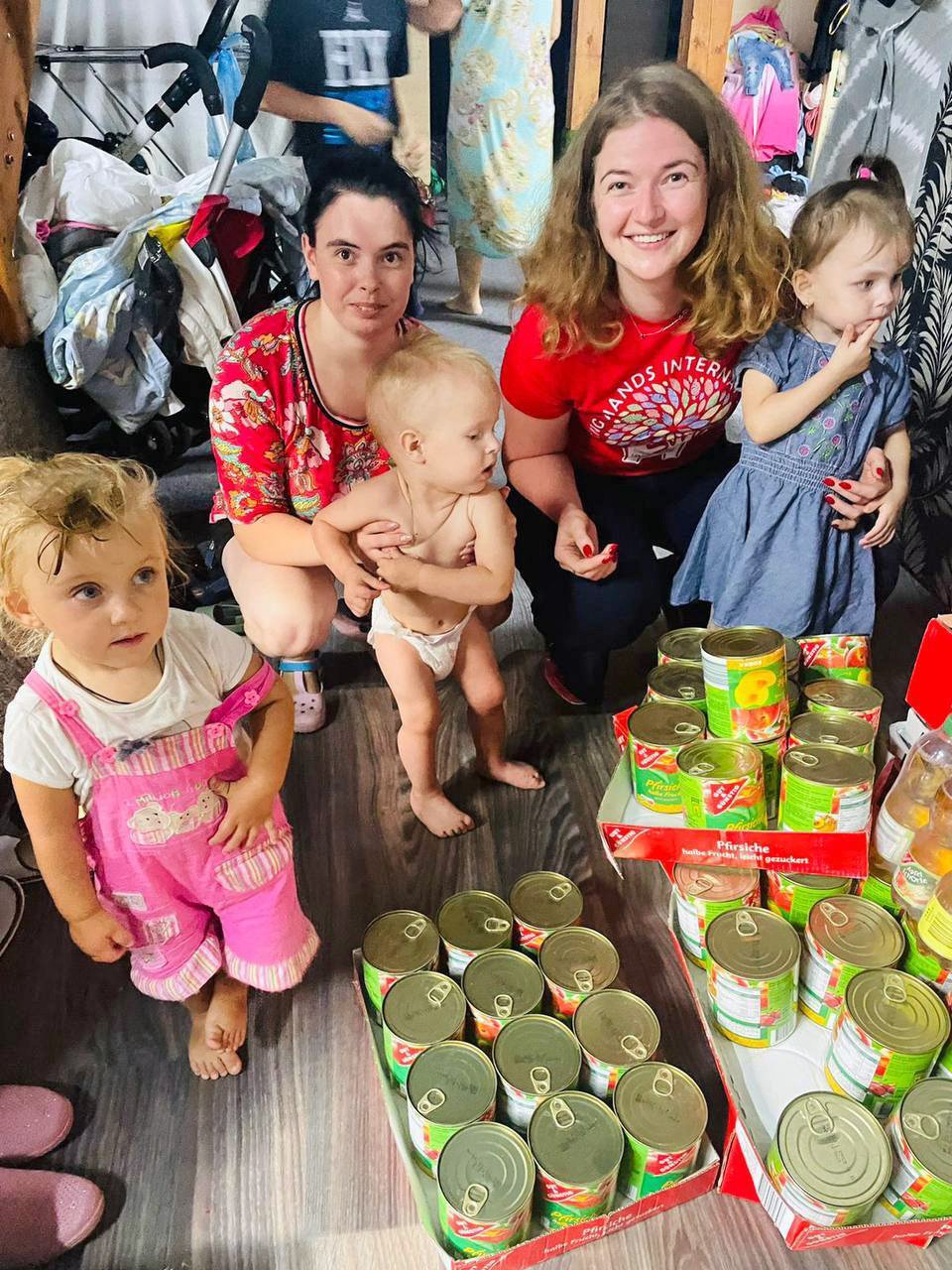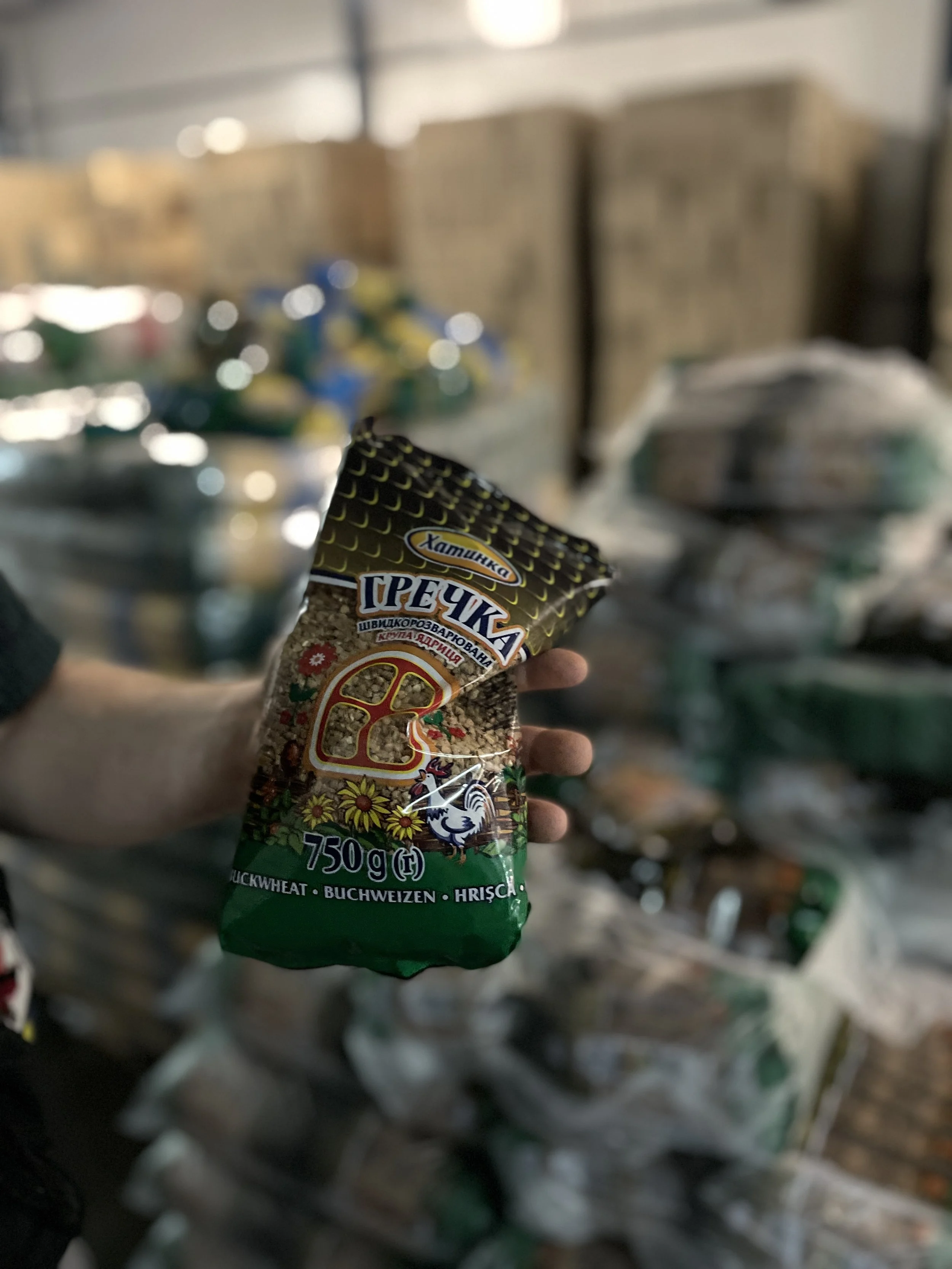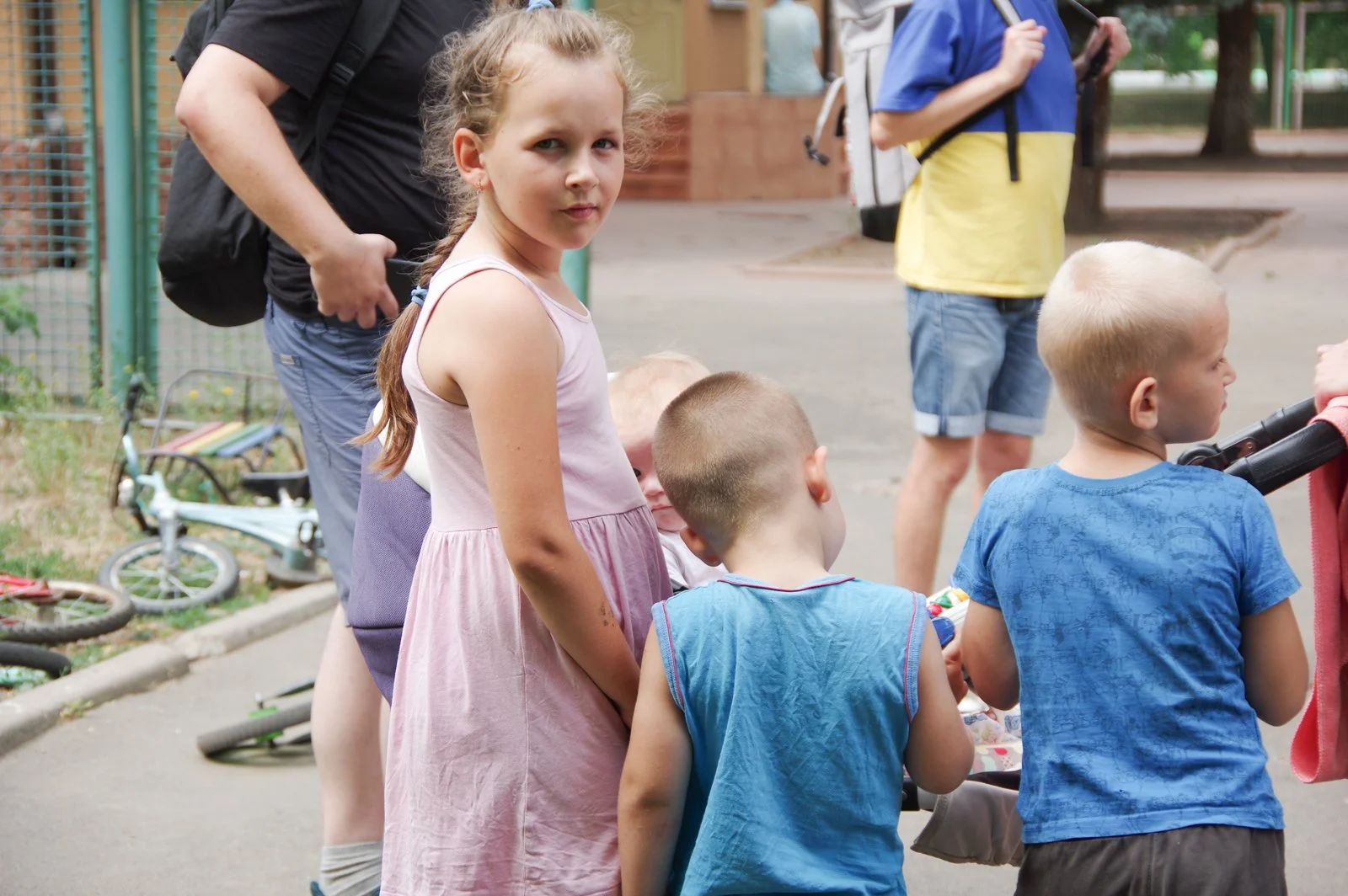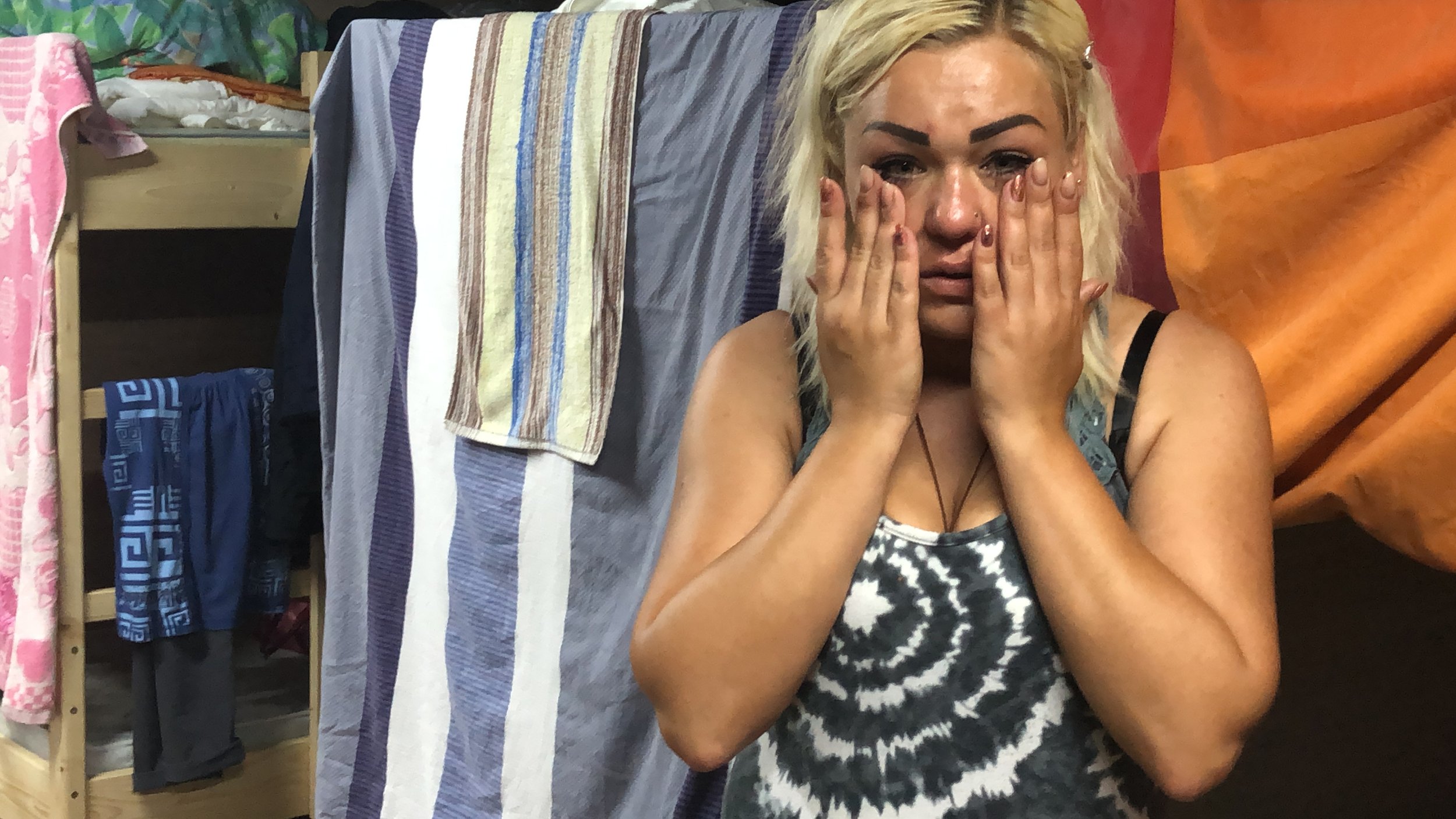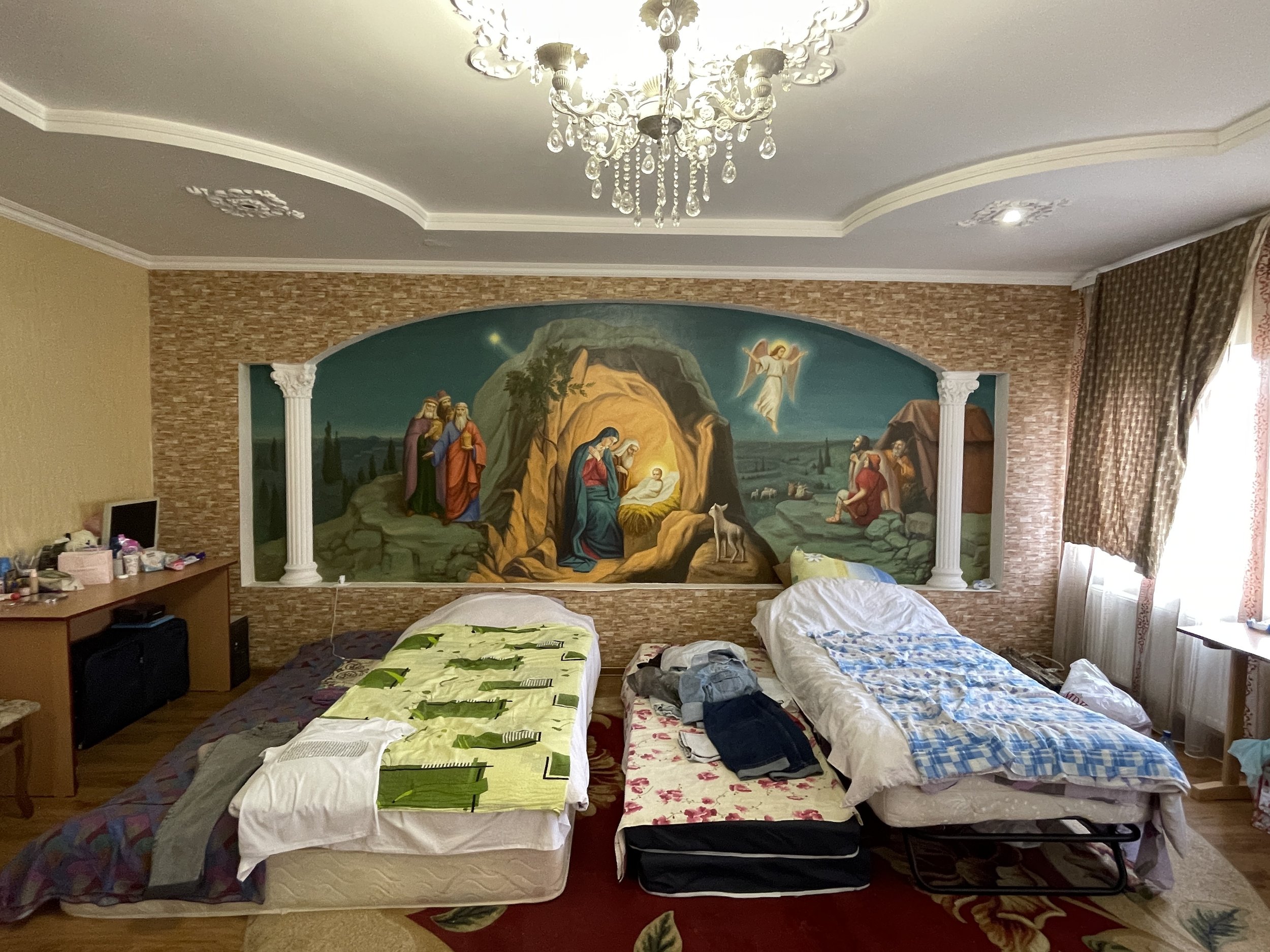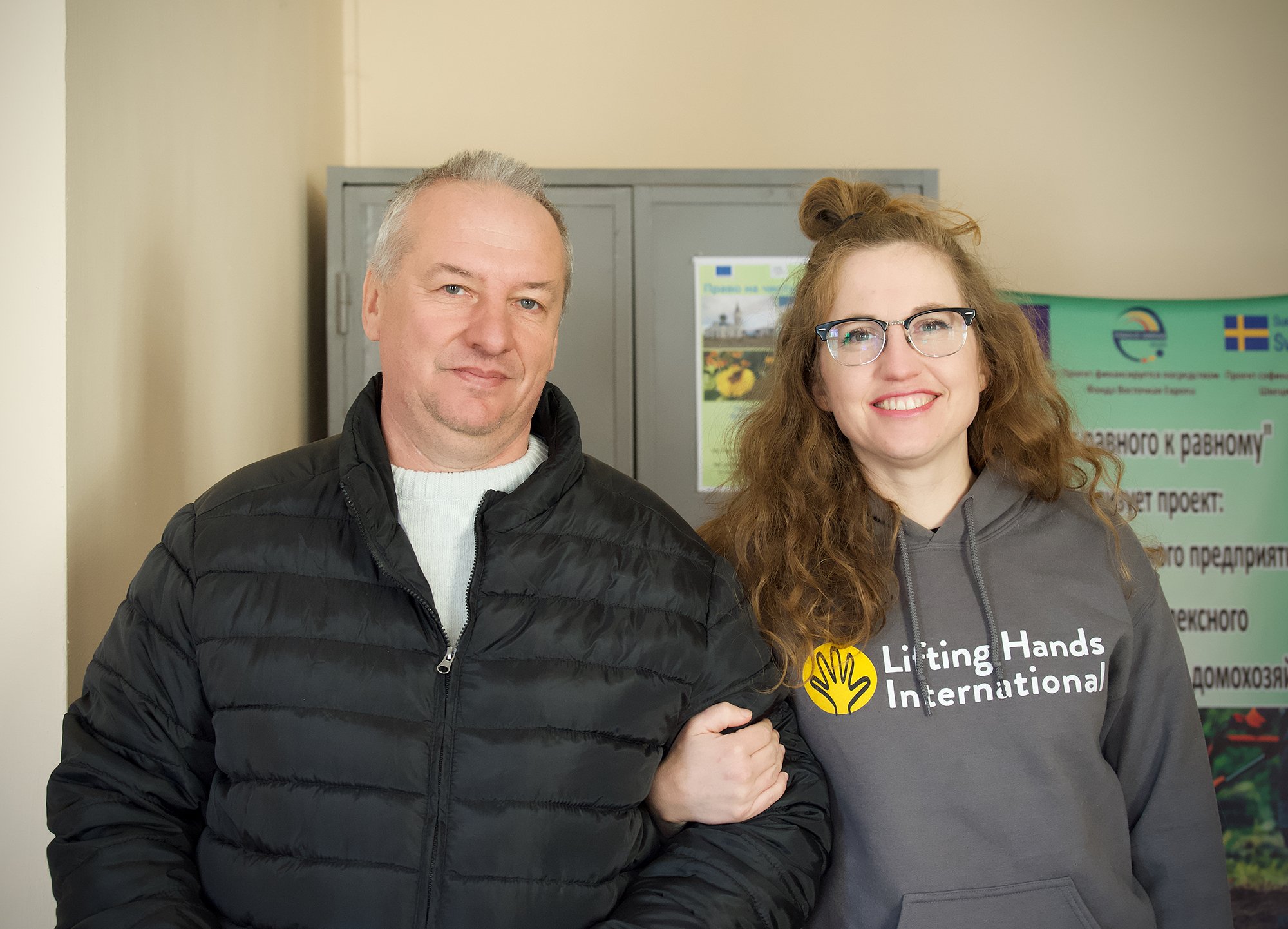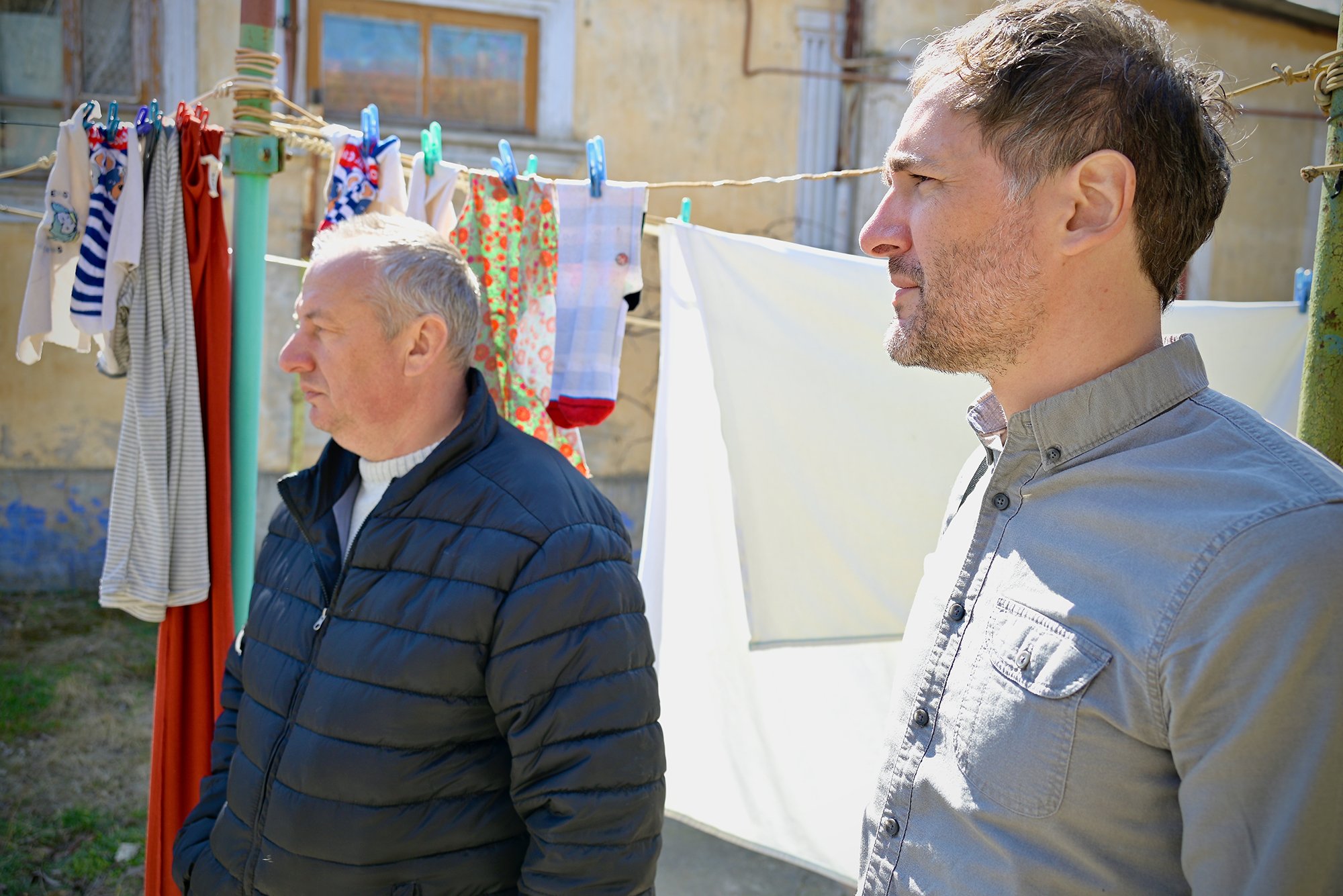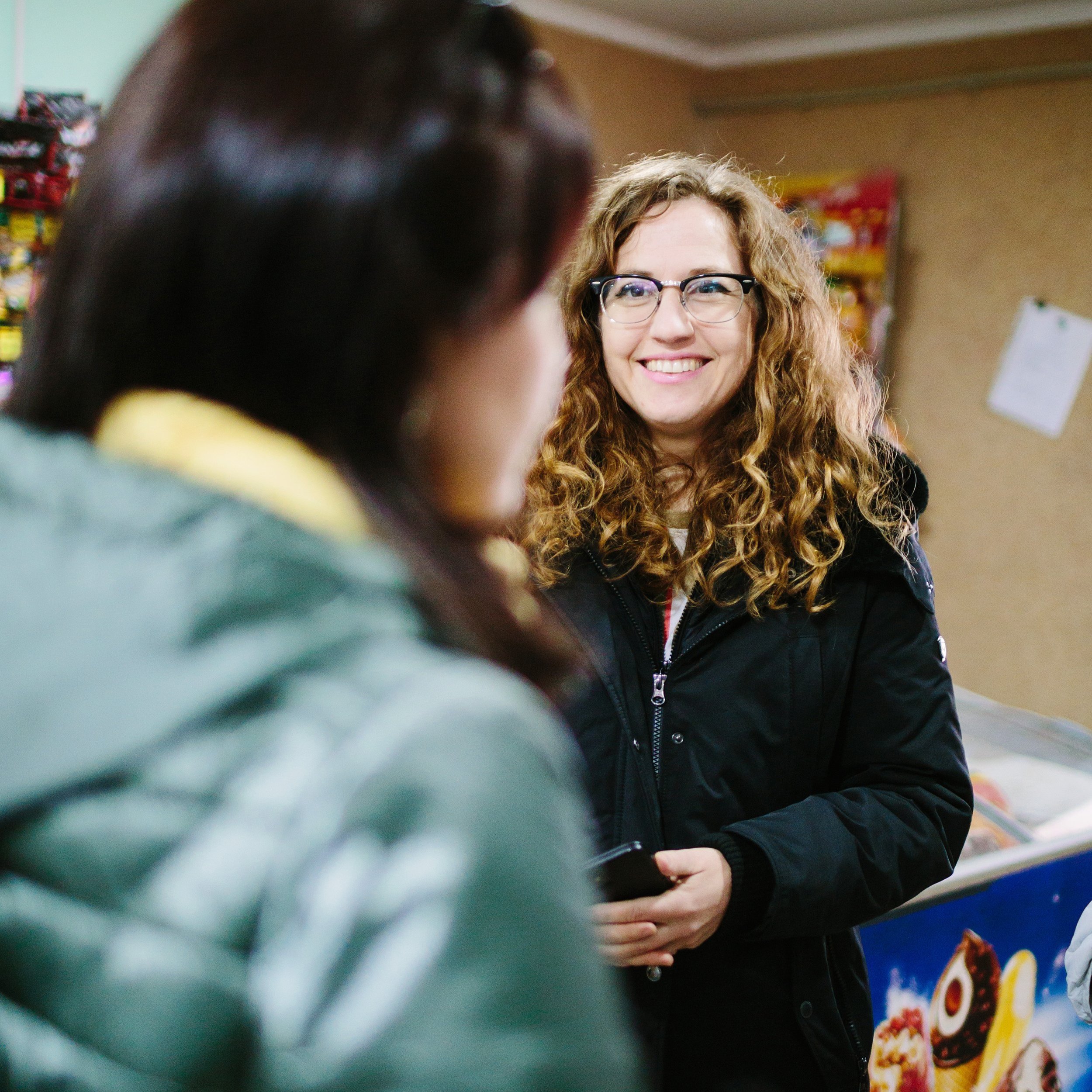by Brigid Rowlings, LHI Communications Director
Why can small NGOs like Lifting Hands International make a big difference in places like Ukraine? Because we can quickly go right to the source and ask people what they need.
You know the saying “bigger is better?” I don’t believe it, and neither do the authors of a recent op-ed titled “Ukraine’s Dunkirk Moment: Small NGOs Needed to Avert A Humanitarian Disaster.”
The authors, all founders or employees of small NGOs, validate what we’ve always known: large international aid organizations, while laudable in their intent, move slowly in response to urgent need because of the constraints of financial regulations and the lack of on-the-ground connections to people and networks who can get aid out quickly. Small NGOs like LHI, however, are able to quickly and efficiently communicate with contacts on the ground to assess need, leverage existing relationships, create new partnerships, and provide timely, targeted support.
This is Oxana, our amazing Moldova Country Director, chatting with LHI’s Founder and Director Hayley Smith as they assessed the needs of Ukrainian refugees and the Moldovan communities hosting them .
Or, as Oxana, our Moldova Country Director says of LHI’s small grants program, which benefits local groups providing real-time support to Ukranian refugees: “No one gives them resources so fast and in so easy a way!”
Don’t believe that it’s the little guys that are getting the job done? Then read this story:
The United Nations High Commissioner for Refugees (UNHCR) is THE top organization in the world to help refugees. They do a lot of good, don’t get me wrong. But they recently contacted our operation center in Moldova to see if we could help some refugees they could not.
A man battling cancer and his teenaged son had fled from Ukraine into Moldova. The UNHCR couldn’t help, they said, because they did not have the proper documentation. You see, the father had left his home in Transnistria in the 1990s when the region was fighting for autonomy from Moldova. He arrived in Ukraine, and like other Transnistrians, was allowed to stay indefinitely. He and his partner eventually welcomed their son in Ukraine. However, Ukraine does not have birthright citizenship, and since neither of his parents were Ukrainian, the boy also did not have Ukrainian citizenship.
On paper, the UNHCR aid worker said, the man and his son did not qualify as Ukrainian refugees eligible for aid. Without intervention, this man would not get the medication he needed to treat his cancer and neither he nor his son would have food and winter clothing. The aid worker could appeal to the central authorities, but the appeal could take months to process.
Instead, she called us. The man and his son received what they needed within days.
Still not convinced?
Vans like this one, which we operate with our partner Caritas Mostyska, take aid to people still living on the front lines of the war in Ukraine. Brave volunteers drive these vans and make sure essential supplies get to those who need them.
One of our drivers went knocking door to door in Prydniprovske, a village in the Dnipropetrovsk region (Eastern - Central part of Ukraine), to try and find people who needed help. An older woman answered the door, and started crying, “How did you know I was here?” She was amazed that we found her because she can’t leave the house. She was totally alone. Until one person with the flexibility to go door-to-door showed up.
LHI is a small organization. We have very little overhead, so most of the money we raise goes directly to benefit refugees and displaced people. We can move quickly in response to immediate and urgent needs. Your support helps us stay nimble!
To find out more about how you can support our work, click here.





























